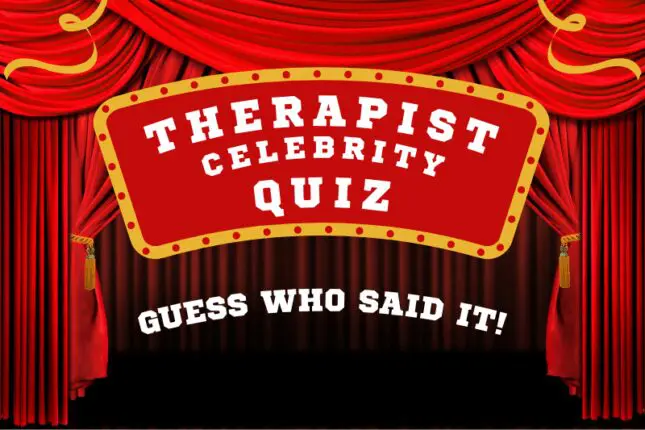Therapists are fonts of wisdom, sages when it comes to secrets and stories, and guides through some of life’s most complex experiences. As such, we tend to be incredibly quotable! How well do you know your therapy quotes? We put a handful of legendary therapeutic aphorisms alongside sayings from world-famous philosophers, comedians, movie stars, rappers, writers, painters, chefs, and even superheroes to put your therapist’s intuition to the test. So, who said it, a therapist or … someone else?!
Quiz yourself, your friends, and your colleagues! And win a $20 off any Psychotherapy Networker CE training!









